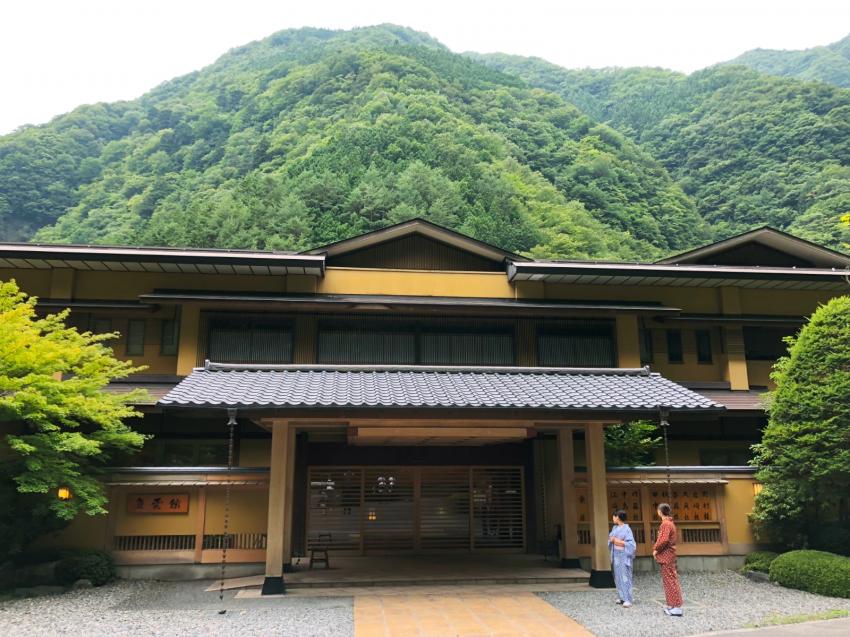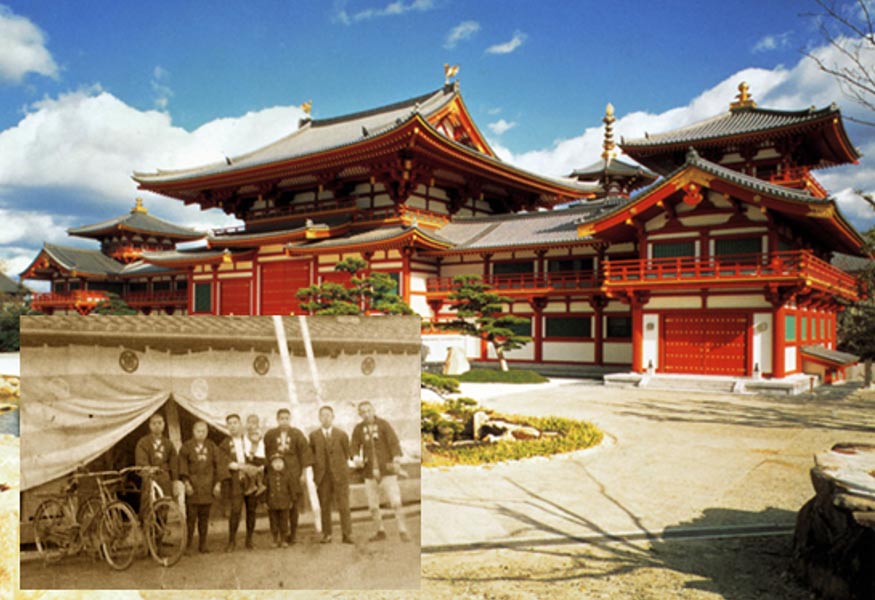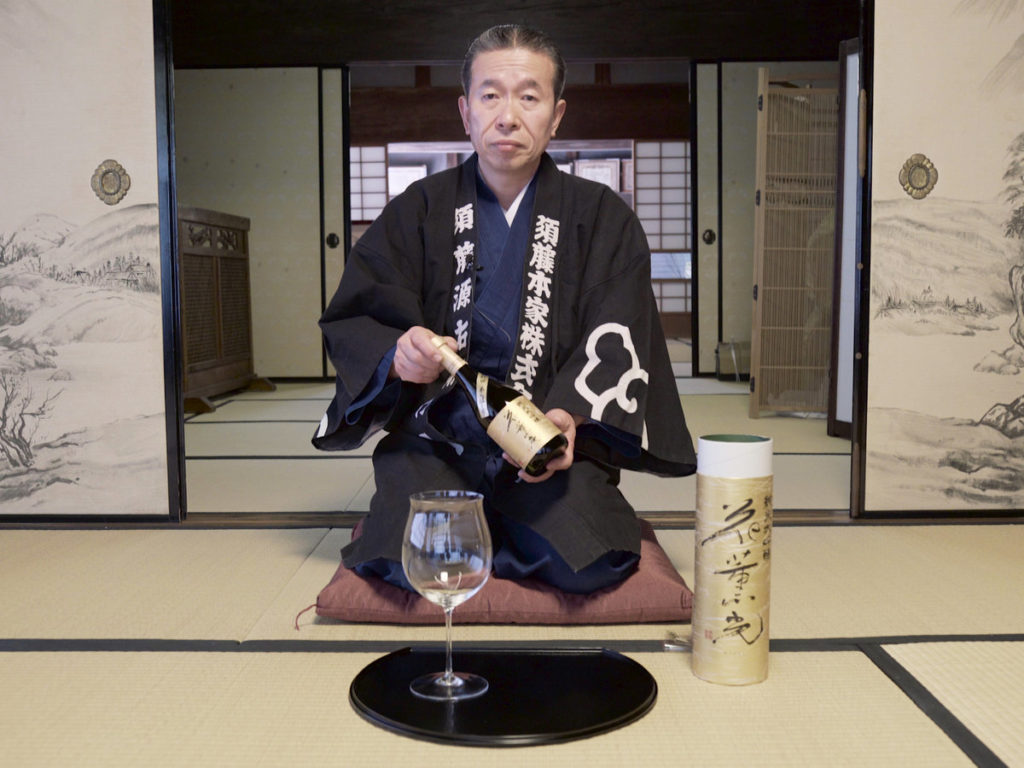IBM, General Electric, Ford … American over 100-year-old corporations can be considered ancient besides emerging names like Google or Facebook. But Japan even has a number of companies that exist for millennia.

Nisiyama Onsen Keiunkan Onsen Hotel 1300 years old. Photo: Wikimedia.
Sunrise is the home of many of the world’s oldest continuously operating businesses, including the 1300-year-old Nisiyama Onsen Keiunkan Onsen hotel and the heirloom sake maker Sudo Honke. exist more than 900 years. Although it is not only East Asia that has long-standing companies, when the Italian gun manufacturer Beretta has been operating since 1526, or Zildjian – a cymbal maker, a Turkish instrument was established in 1623, but such spare parts companies are indeed a specialty of Japan. According to statistics, this country currently has about 50,000 hundred-year-old enterprises, of which at least 3,886 have existed for more than 200 years. By comparison, only nearly a quarter of companies established in the US in 1994 were still in operation until 2004 (data from the US Bureau of Labor Statistics).
However, over the past decade, some of Japan’s oldest businesses have finally closed. For example, 465-year-old Minoya Kichibee, a seafood-selling company, had to file for bankruptcy in 2014, or confectionery maker Surugaya, 533, also suffered the same fate. In 2007, after 1429 years of business, the construction company of the temple Kongo Gumi ran out of money and was taken over by another giant.
At this point, many people will wonder why companies like Kongo Gumi exist so long? First, it is because they often focus on areas that are never really outdated. As Kongo Gumi will surely have a relatively secure future in a country influenced by Buddhism (reconciled with Shinto Shinto) like Japan. The company built its first temple near Osaka (completed in 593) and renovated six times later. William O’Hara, author of Centuries of Success, said: “The oldest family companies are often involved in basic industries, from the essential needs of people like eating. drinking, staying, transportation, construction, … and guns. “

Another reason these Japanese companies have prospered lies in the way in which they transfer control over generations. Traditionally, Japanese business owners often leave the entire business to their eldest son – Kongo Gumi, for example, has a family genealogy roll nearly 3.5 meters long to look up information on previous owners’ lives. . But what really helps companies extend their life is the flexibility to find successors; When they do not really trust the rights of their descendants (bloodlines), the employer may choose a son besides them to be adopted, or someone who marries the daughter / niece of the family to take over the career. According to the findings of a 2011 study in Japan, most adopted heirs often run better businesses than blood relatives. This helps explain a strange phenomenon in Japanese family statistics: unlike the United States where most adopted children are children, up to 98% of adopted people in Japan are men of the age group. 25 – 30.

So if this tradition has helped companies survive 500 or even 1500 years, why are they now in a downward trend? The most convincing explanation is probably related to the change in the Japanese government’s treatment of struggling companies – according to Ulrike Schaede, professor of Japanese business culture at UC San University Diego. In the past, Japanese banks did not hesitate to save even the most hopeless and almost hopeless businesses. As a result, in the period 1955 – 1990, only 72 Japanese companies went bankrupt thanks to a bank guarantee
However, by 2000, the Japanese Parliament has officially passed Chapter 11 of the Bankruptcy Law and completed more provisions related to enterprise liquidation in another law from 1922, making it difficult for businesses. It is no longer easy to get help (from the bank) unless the prospects for change are proven with solid plans. However, Schaede predicts that such companies can survive for decades more because culture is not something that can easily change overnight, especially for the well-known banking system. capital of Japan. “If capitalism is directed at free import and export, only the latter is true in Japan,” Schaede commented.
In addition, it should be noted one more trend, which is the erosion of Japanese cultural standards in recent decades. Millennial generation (only those born between 1980-2000) in this country no longer seem to really care about traditional culture like their grandparents and parents. William Rapp, a professor of business at the New Jersey Institute of Technology, said: “What is the population?